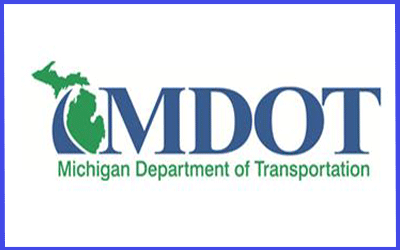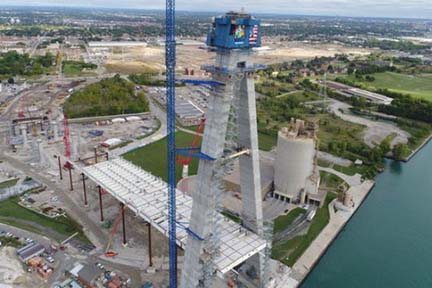
Westbound I-696 closing from US-24 to I-275 this weekend
FOR IMMEDIATE RELEASE February 23, 2023 Reminder: I-696 project gets under way with westbound I-696 closing from US-24 (Telegraph Road) to I-275 this weekend SOUTHFIELD, Mich. – The I-696 Rebuilding Michigan project will require a complete closure this weekend to prepare for a traffic shift which will have both directions of I-696 sharing the westbound side. Beginning 8 p.m. Friday, Feb. 24, through 5 a.m. Monday, Feb. 27, westbound I-696 from US-24 (Telegraph Road) to I-275 will close to prepare the freeway for setting up the traffic shift. The detour is westbound I-696 to southbound US-24 (Telegraph Road) to westbound M-102 (8 Mile Road) to northbound M-5 (Grand River Avenue) to northbound I-275. Once it reopens 5 a.m. Monday, Feb. 27, through late fall, westbound I-696 from US-24 (Telegraph Road) to I-275 will have two lanes open. The Orchard Lake Road ramp to westbound I-696 will remain closed through late fall. Beginning Friday, March 10, through late fall, eastbound I-696 from I-275 to US-24 (Telegraph Road) will have traffic shifted onto the westbound side with two lanes open in each direction. Project information: This $275 million project includes rebuilding the roadway from the base up, including storm sewer replacement work and rebuilding ramps at Orchard Lake Road, American Drive, Franklin Road, M-10 (Northwestern Highway), and US-24 (Telegraph Road). During 2023 eastbound I-696 will be rebuilt from I-275 to Evergreen Road. Westbound lanes will be rebuilt in 2024. Project details can be found at DrivingOakland.com. Funding for this project is made possible by Gov. Gretchen Whitmer’s Rebuilding Michigan program to rebuild the state highways and bridges that are critical to the state’s economy and carry the most traffic. The investment strategy is aimed at fixes that result in longer useful lives and improves the condition of the state’s infrastructure. Based on economic modeling, this $275 million investment is expected to directly and indirectly support 3,500 jobs. |














